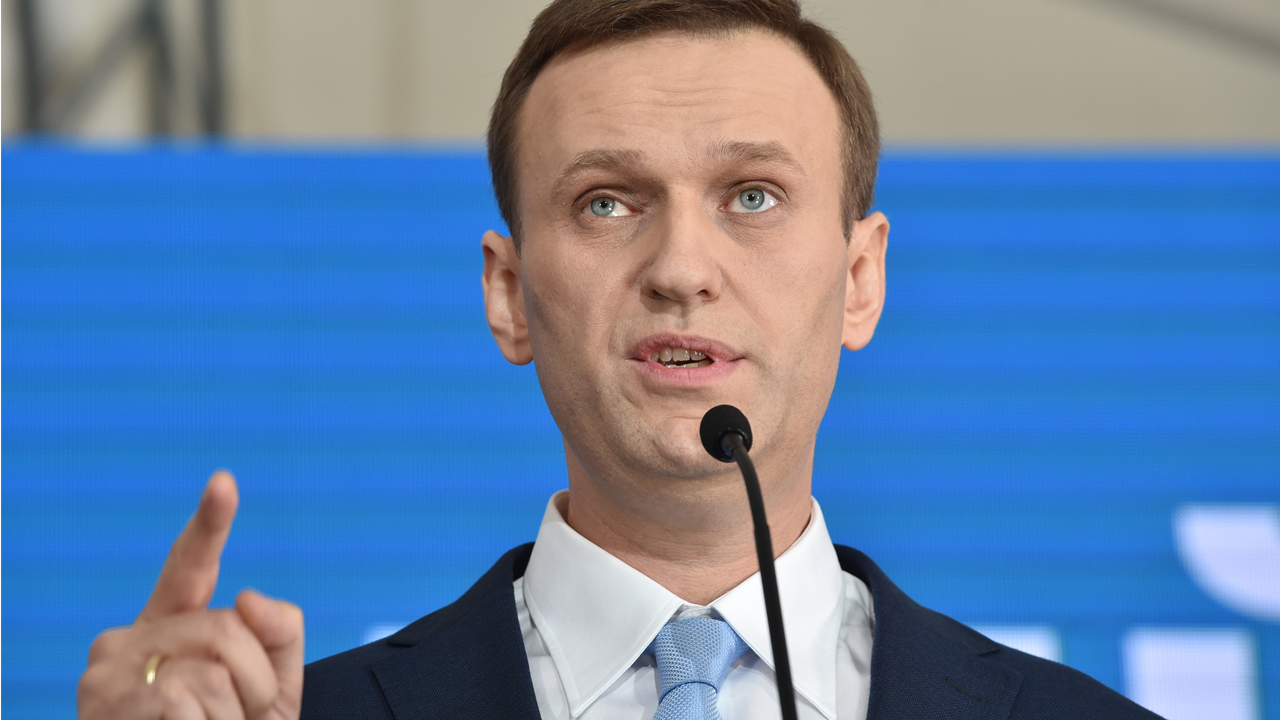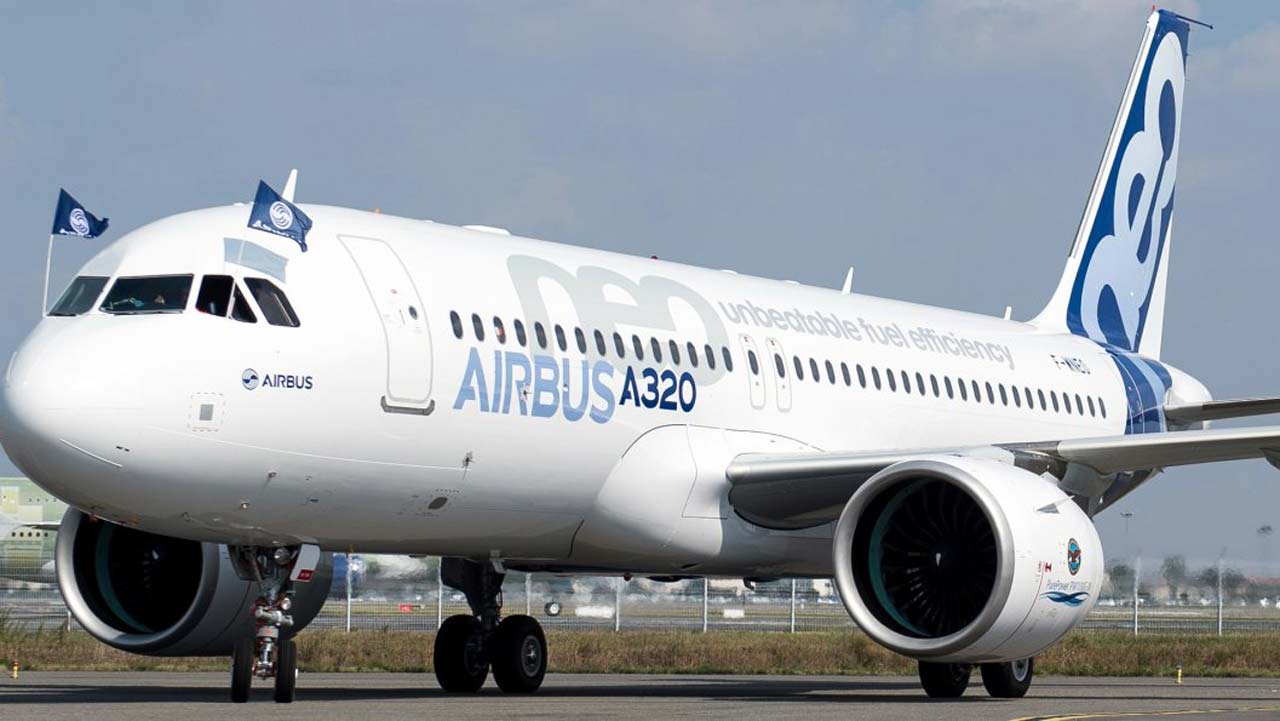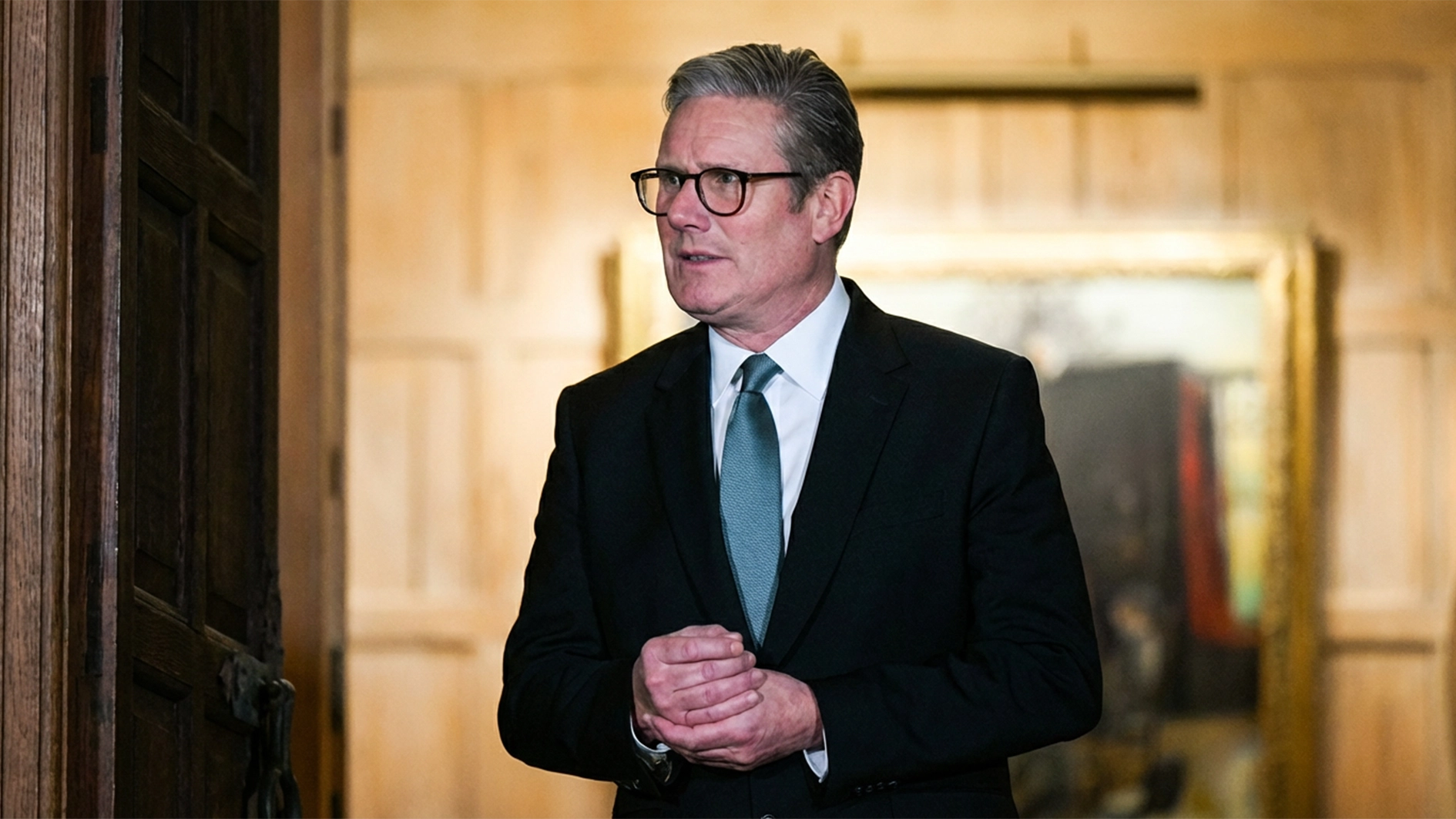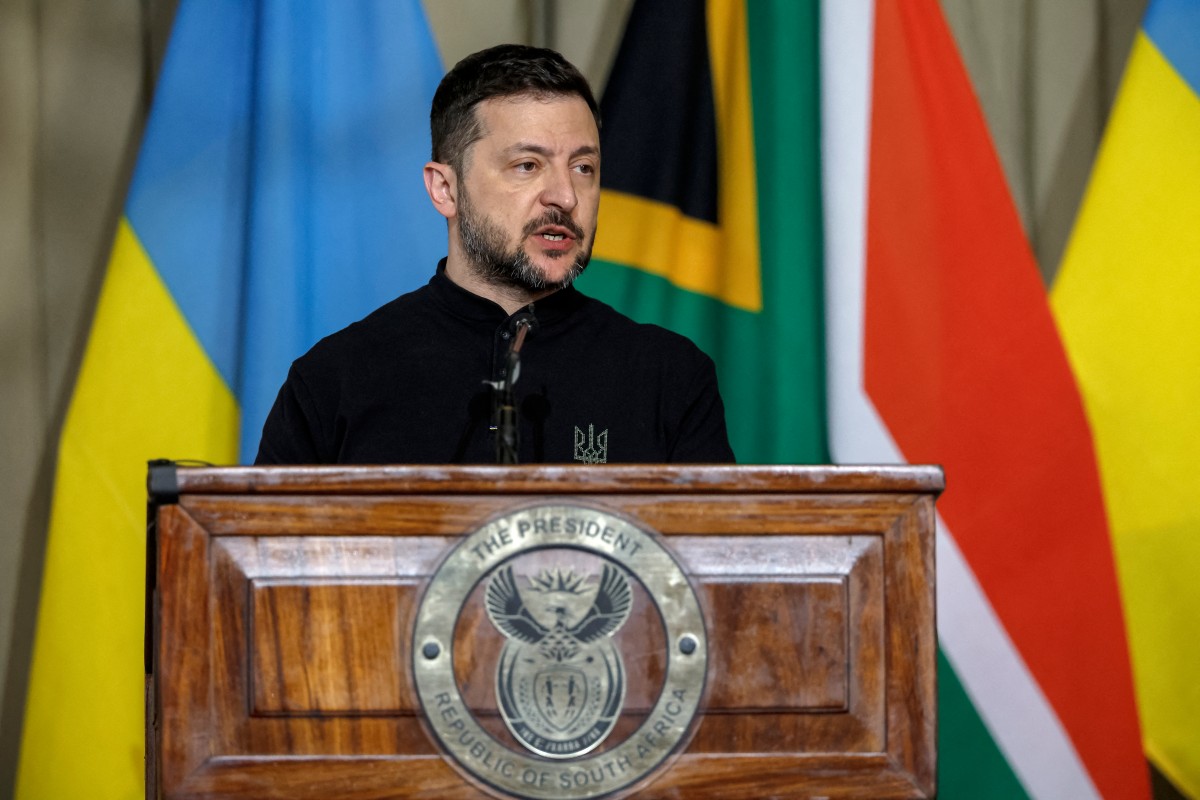
Alexei Navalny, seen as the only Russian opposition leader who stands a fighting chance of challenging strongman Vladimir Putin, seeks to get his name on the ballot for a March vote, with supporters gathering across Russia to endorse the move. / AFP PHOTO / Vasily MAXIMOV
The EU on Wednesday agreed to impose sanctions on six people and one entity over the poisoning of Russian opposition leader Alexei Navalny with a Novichok nerve agent, diplomats told AFP.
Ambassadors from the 27 EU countries approved sanctions after France and Germany proposed measures last week, saying Russia was responsible for the poisoning.
In line with usual EU practice, those targeted by the sanctions — travel bans and asset freezes — will not be named until the measures take legal effect on Thursday, but they are likely to be Russian officials.
Paris and Berlin said last week they wanted to target individuals “based on their official function” and an entity “involved in the Novichok programme”.
European powers have repeatedly asked Moscow to investigate the poisoning, which took place on Russian soil, but in a joint statement last week the French and German foreign ministers said the Kremlin had come up with “no credible explanation”.
The move to punish Russia came after the UN’s chemical weapons watchdog OPCW confirmed Germany, France and Sweden’s finding that Navalny was poisoned by a nerve agent of the Soviet-developed Novichok group.
A poison from the same group was used to attack former Russian spy Sergei Skripal and his daughter in England in 2018 — an incident that prompted the EU to sanction four members of the Kremlin’s military intelligence.
The latest measures were signed off politically by EU foreign ministers on Monday, a move hailed by Germany’s Heiko Maas.
“I believe it is of paramount importance in the light of such a serious crime — a violation of international law and the chemical weapons convention — that the European Union shows unity, and it has done so today,” he said.
EU diplomatic chief Josep Borrell pressed Russian Foreign Minister Sergei Lavrov on the Navalny case during phone talks on Tuesday.
Borrell’s office said he called for Moscow to “do its utmost to investigate this crime thoroughly in full transparency” and cooperate with the OPCW.






